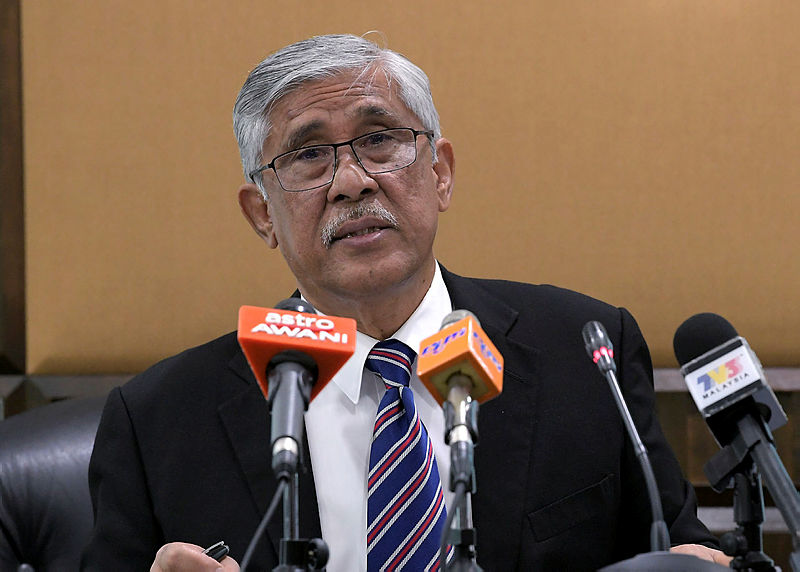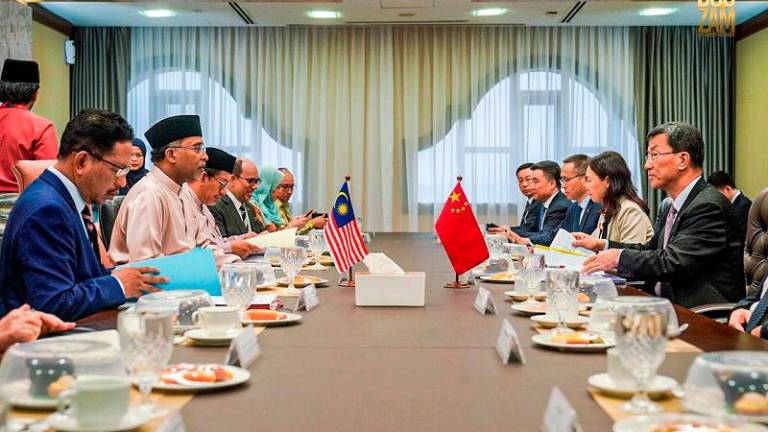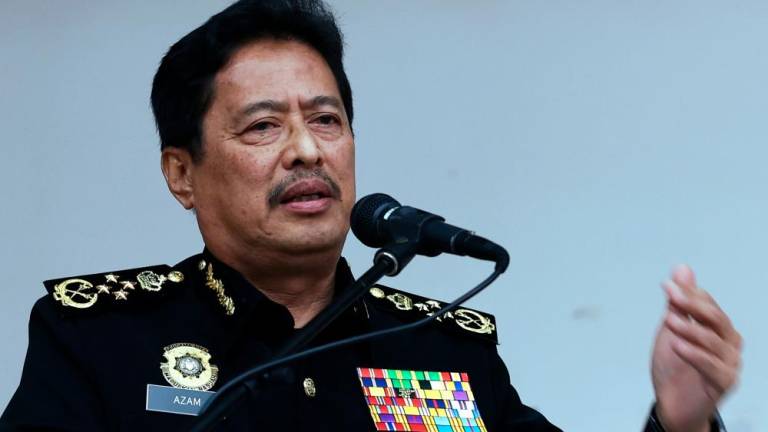KUALA LUMPUR: What are the ideal bricks needed to build a reformed, stronger governance ecosystem to protect public interest from the past corruption and financial abuses?
They comprise a tone from the top, and the collaborative engagement of all stakeholders, which according to the recent Governance Symposium 2019, make up the crux of the matter.
The symposium was jointly organised by the Malaysian Institute of Accountants (MIA) and the Malaysian Institute of Corporate Governance.
Guest of honour, Tan Sri Abu Kassim Mohamed (pix), the director-general of the National Centre for Governance, Integrity & Anti-Corruption (GIACC), Prime Minister’s Department, shared the new government’s quest to embed good governance as spearheaded by the new National Anti-Corruption Plan (NACP) 2019-2023.
Abu Kassim said NACP had a “real objective” to eradicate corruption, which was the present key issue, while ensuring high integrity and governance, with elements of monitoring and evaluation by the GIACC.
He stressed that political governance and accountability were the first key areas currently being addressed by the plan.
The NACP was developed with data gathered from various sources and took into consideration, domestic and international findings, and in a pioneering move, leveraged the use of foresight methodology specifically ‘scenario planning’ to predict different outcomes and scenarios in 2030.
Successful governance will also require decentralisation of powers, empowering an effective executive and implementation structure.
“In furtherance to the NACP which is the country’s plan, each and every organisation will have to formulate and develop its Organisational Anti-Corruption Plan (OACP),” noted Abu Kassim.
“Organisations encompass ministries, departments and organisations down the line. These entities will formulate and develop their OACP based on data and corruption risk analysis conducted in the context of their environment.”
He also urged all stakeholders to collaborate in the ecosystem, and have stronger tone at the top, especially among accountants, directors and those charged with governance, to enhance and strengthen governance.
This was echoed by MIA president, Salihin Abang, who appealed to MIA members to practise collaborative engagement for good governance.










